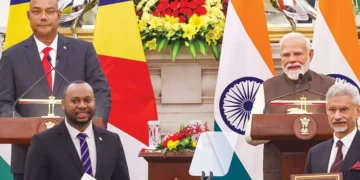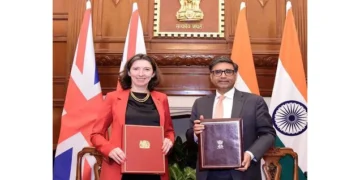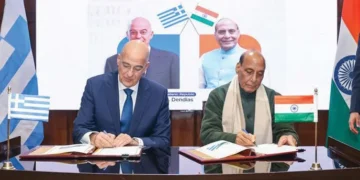Blitz Bureau
GROUP Captain Shubhanshu Shukla, one of India’s four selected astronauts for the Gaganyaan mission, will undertake critical scientific experiments during the Axiom-4 mission to the International Space Station (ISS).
The research will focus on physical, cognitive, and physiological responses in space, including the impact of continuous electronic displays in microgravity—a key factor for future long-duration space missions.
Union Minister of State for Science & Technology and Space, Jitendra Singh revealed that Shukla’s experiments will also explore skeletal muscle dysfunction in space and evaluate therapeutic strategies to mitigate its effects.
Additionally, Shukla will study the revival, survival, and reproduction of tardigrades, microscopic extremophiles known for their resilience in extreme conditions. These experiments aim to deepen scientific understanding of life sustainability beyond Earth.
“It is a matter of national pride that an Indian astronaut is an active participant with defined scientific responsibilities in this international mission,” Singh said during a media interview on June 3. He highlighted that Shukla’s role underscores India’s growing prominence in global space exploration. Group Captain Prasanth Nair has been named the backup astronaut for the Axiom-4 mission.
The minister noted that discussions on sending an Indian astronaut to the ISS were part of Prime Minister Narendra Modi’s diplomatic engagements in the United States. Since 2014, enabling policies have opened up India’s space sector, fostering private sector participation, foreign direct investment, and international collaboration. Dr. Singh credited these reforms for catalysing India’s leadership in NewSpace initiatives and increasing public access to facilities like Sriharikota.
Speaking on India’s Gaganyaan mission, the country’s first human spaceflight program, Singh said trial phases are underway, with a target launch in early 2027.
































